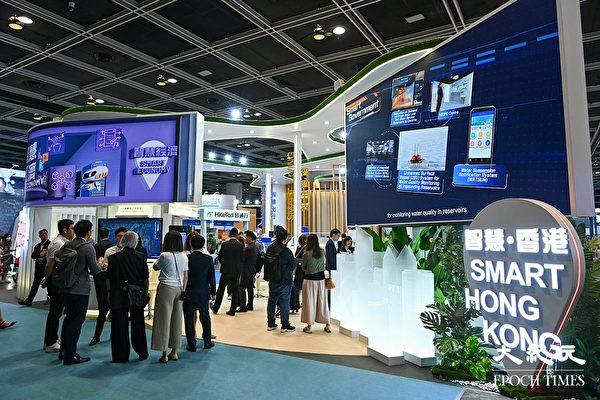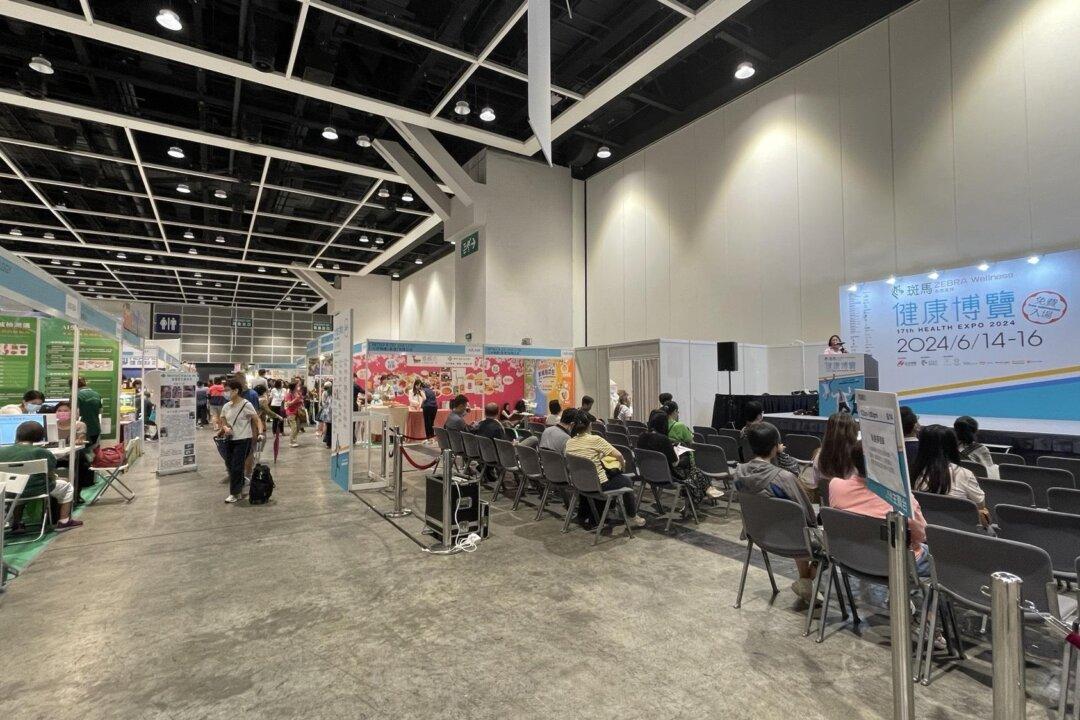Commentary
Hong Kong was once a bridge for American capital to enter China under the “one country, two systems” policy. However, in recent years, as U.S. tech companies have stopped launching new products in Hong Kong, it has become increasingly disconnected from the Western world.




